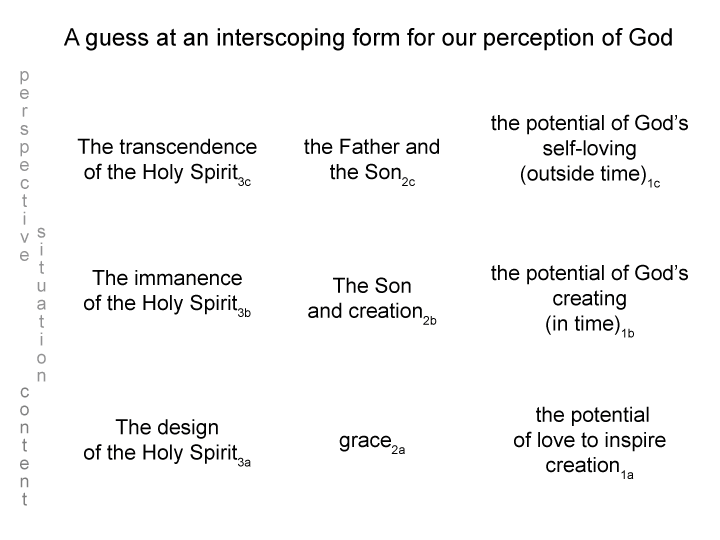Man and Sin by Piet Schoonenberg (1964) 2.2 CF
[At this point, I wonder:
Can I put these thoughts into a nutshell?
Here goes:
‘The modern contrast between grace and nature’ is false, as opposed to true.
Why?
We cannot “naturally” access our nature in our current Lebenswelt.
‘Our current Lebenswelt’ is not ‘the Lebenswelt that we evolved in’.
So how can any of our behaviors be natural?]

